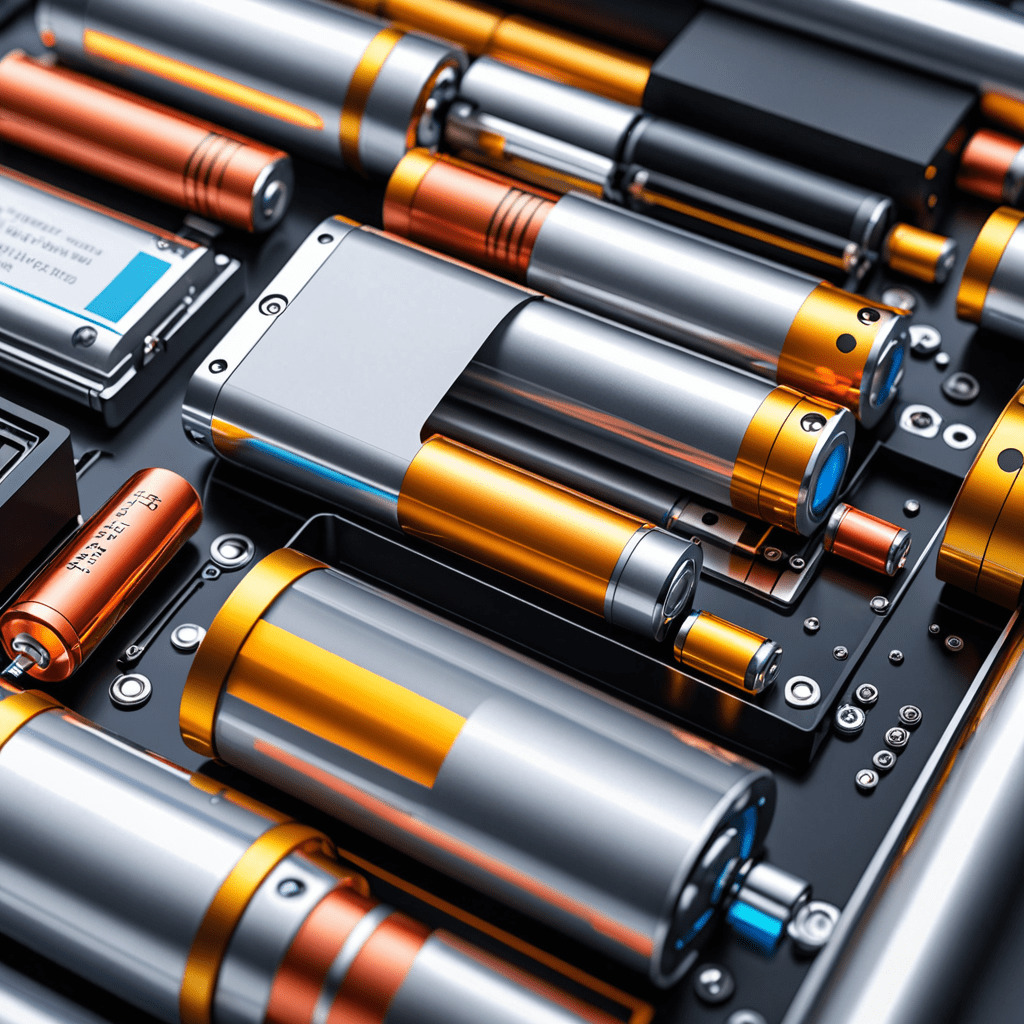
Nanotechnology in Flexible Batteries: Flexibility in Battery Technology with Nanotech
Introduction to Nanotechnology in Flexible Batteries
Nanotechnology has revolutionized many industries, including battery technology. In the realm of flexible batteries, the integration of nanotech has brought about significant advancements.
Understanding Flexible Batteries
Flexible batteries are designed to be bendable or stretchable, making them ideal for use in wearable devices, medical implants, and flexible electronics.
The Role of Nanotechnology in Enhancing Flexibility
Nanotechnology enables the manipulation of materials at the nanoscale, allowing for the development of flexible battery components that can withstand bending and twisting without compromising performance.
Nanomaterials Used in Flexible Batteries
Graphene, carbon nanotubes, and nanowires are some of the nanomaterials commonly used in flexible batteries. These materials offer high conductivity and mechanical strength, crucial for flexible battery applications.
Benefits of Nanotechnology in Flexible Batteries
The incorporation of nanotechnology in flexible batteries results in improved energy density, faster charging rates, and enhanced overall performance. Moreover, nanotech-enabled flexible batteries tend to be lighter and more durable.
Applications of Flexible Batteries Enhanced by Nanotechnology
Flexible batteries with nanotechnology enhancements find extensive use in smart clothing, medical devices, roll-up displays, and IoT devices. The flexibility and improved performance make them highly versatile in various industries.
Future Prospects and Developments
With ongoing research and technological advancements, the future of nanotechnology in flexible batteries looks promising. Innovations in nanomaterials and battery design are expected to further enhance the flexibility, longevity, and efficiency of flexible battery technologies.
FAQ about Nanotechnology in Flexible Batteries
What is Nanotechnology in Flexible Batteries?
Nanotechnology in flexible batteries refers to the integration of nanoscale materials and structures in the design and production of flexible battery technology. This approach enables batteries to be lightweight, bendable, and adaptable for various applications.
How does Nanotech enhance flexibility in batteries?
Nanotechnology allows for the incorporation of nanomaterials like carbon nanotubes and graphene, which provide flexibility and durability to batteries. These materials enhance the battery’s mechanical strength while maintaining its electrical performance.
What are the advantages of Flexible Batteries with Nanotech?
Flexible batteries with nanotechnology offer benefits such as enhanced energy density, improved lifespan, rapid charging capabilities, and the ability to conform to different shapes and structures. These batteries are ideal for wearable devices, medical implants, and flexible electronics.


